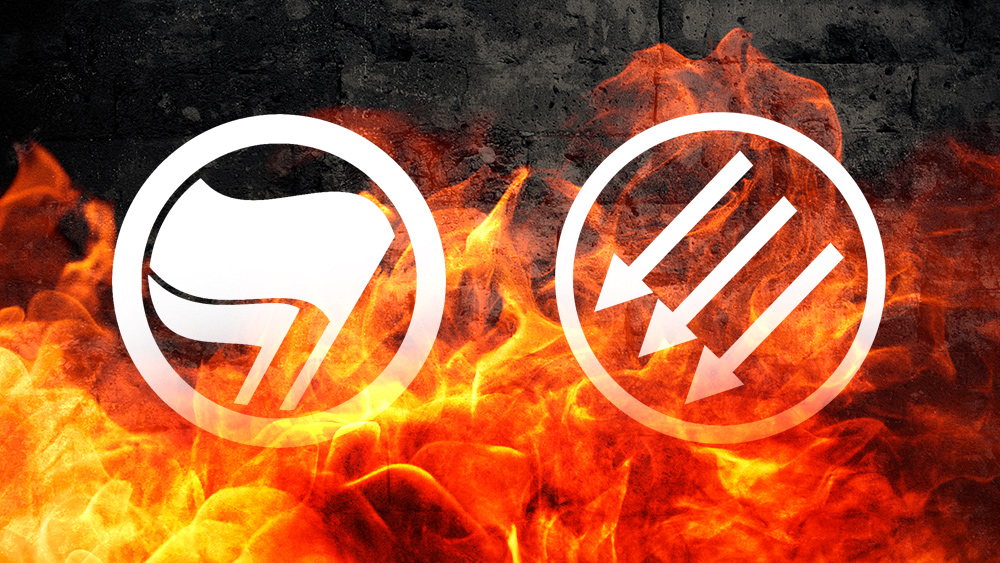
The island nation of Singapore depends on imports for its food supply. However, the city-state now faces new challenges in the form of rising food prices and food shortages.
According to the country's Ministry of Trade and Industry and the Monetary Authority of Singapore (MAS), food prices rose by 4.1 percent year-over-year in April – up from 3.3 percent in March. Elevated global food prices are expected to keep contributing to local food inflation beyond 2022, added MAS, Singapore's central bank and financial regulator.
While food prices worldwide had already started to climb during the pandemic, the Russia-Ukraine war worsened the inflationary pressures.
According to Dil Rahut, research fellow at Asian Development Bank Institute, other countries cannot quickly jump in to fill the gap left by the warring countries because it takes at least one year to grow fresh produce. He added that food shortages will continue in the short run, possibly even extending into the next year or two.
Paul Teng, adjunct senior fellow at Nanyang Technological University's S. Rajaratnam School of International Studies, said that food prices will not immediately revert to pre-war prices even if the war ends. He cited labor shortages, higher fuel costs and a disrupted supply chain as the main reasons why food prices will remain high and food shortages will be in place.
Located in Southeast Asia, the Lion City lacks natural resources due to its small land area. It imports more than 90 percent of its food from more than 170 countries and regions. To help wean the Lion City off its import dependency, the Singaporean government launched a "30 by 30" initiative that aims to produce 30 percent of its nutritional needs by 2030.
However, Teng expressed hesitation over the initiative. He explained that while it gives Singapore a level of self-production enough for it to tide over lean periods, it would not be enough to completely replace imports.
According to the Singaporean scholar, the government decided to invest more in growing Singapore's gross domestic product and the average household income instead of agricultural activities.
"Singapore has been downplaying agriculture and importing food," remarked Teng. "Now we've done a U-turn and started to ramp up, but this needs time to pay off."
Food stall owners bearing the brunt of food shortages, higher prices
The Little Red Dot is widely known for its local cuisine, most especially the much-lauded chicken rice. But this local favorite is not immune from food inflation, following an export ban on chickens from neighboring Malaysia. (Related: 3 Reasons why CHICKEN prices are set to rise across the world.)
Singapore imports 34 percent of its chickens from Malaysia while 48 percent of chickens in the country come from Brazil, according to the Singapore Food Agency. Teng added that most of the chickens imported from Malaysia are live and dressed in Singapore, while the ones from Brazil and other countries are frozen.
Regardless of where the chicken comes from, food stall owners are facing pressure to keep their prices low for regular people. Any attempts to pass on higher costs to consumers comes at a risk of losing business.
Food stall owner Remus Seow is one of many entrepreneurs facing this predicament. He told CNBC that the prices of ingredients he uses – such as meat, eggs and cooking oil – have gone up between 30 percent and 45 percent over the past six months.
Seow recently raised the prices of menu items at his Fukudon stall, which serves Japanese rice bowls, for the first time since he opened it two years ago. He warned that if prices keep increasing, he may lose 20 percent to 35 percent of his customers.
The owners of 335 Hong Kong Roasted Meat are also facing the same conundrum. Mrs. Sung, one of the stall's owners, told Singaporean news outlet Channel News Asia that she saw a drop in patrons after increasing the price of chicken from S$12 ($8.64) to S$15 ($10.80). Other stalls raised their prices to as high as S$20 ($14.41).
"We understand our customers and we want to help them; that's why we increased our prices by only S$3 [$2.16]. But they are not coming back," she said. "If we raise the prices of our chicken, people will stop eating."
Watch this video below discussing what to do when food inflation hits.
This video is from the Fearless Nation channel on Brighteon.com.
More related stories:
Nonpartisan Congressional Budget Office predicts SKY-HIGH food inflation to persist until 2023.
Food production is going to be substantially lower than anticipated all over the globe in 2022.
Global food supply shrinking as a "perfect storm" of problems hit from all sides.
Cooking oil's price surge signals worsening global food inflation.
Meat-eaters paying the most as food inflation soars.
Sources include:
Please contact us for more information.





















